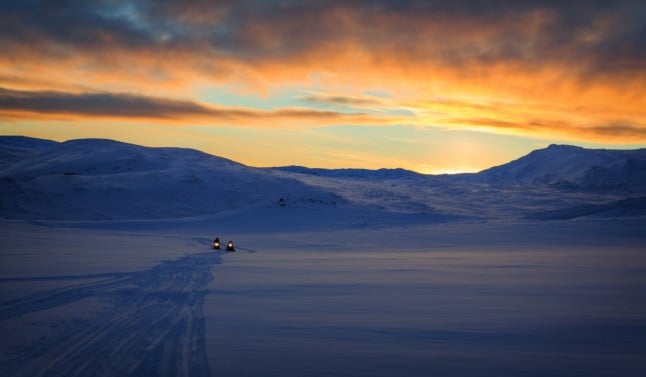The purchase will give the energy giant access to shale oil fields in the Bakken and Three Forks formations in the states of North Dakota
and Montana, which are among the largest oil accumulations in the United States, Statoil said.
Shale oil, like shale gas, holes up in a dense sedimentary rock which is fractured by large volumes of water and chemicals that are piped in horizontally under high pressure.
"The US unconventional plays hold a substantial resource base and represent an increasingly important part of future energy supplies," Statoil president and chief executive Helge Lund said in a statement.
"Entering the Bakken and Three Forks tight oil plays and taking on operatorship represents a new significant step for Statoil. We are positioning ourselves as a leading player in the fast growing US onshore oil and gas industry, in line with the strategic direction we have set out," he added.
Statoil said it would pay $4.4 billion in cash and another 300 million in acquired debt for the American company, offering a 36-percent premium over the
average trading price for Brigham stock for the last 30 days.
The deal was unanimously approved by the US company's board, Statoil said in its statement.
Based in Austin, Texas, Brigham currently produces some 21,000 barrels of oil equivalent per day (boe/d), Statoil said, adding that it hoped production would rise to between 60,000 and 100,000 boe/d over the next five years.


 Please whitelist us to continue reading.
Please whitelist us to continue reading.
Member comments